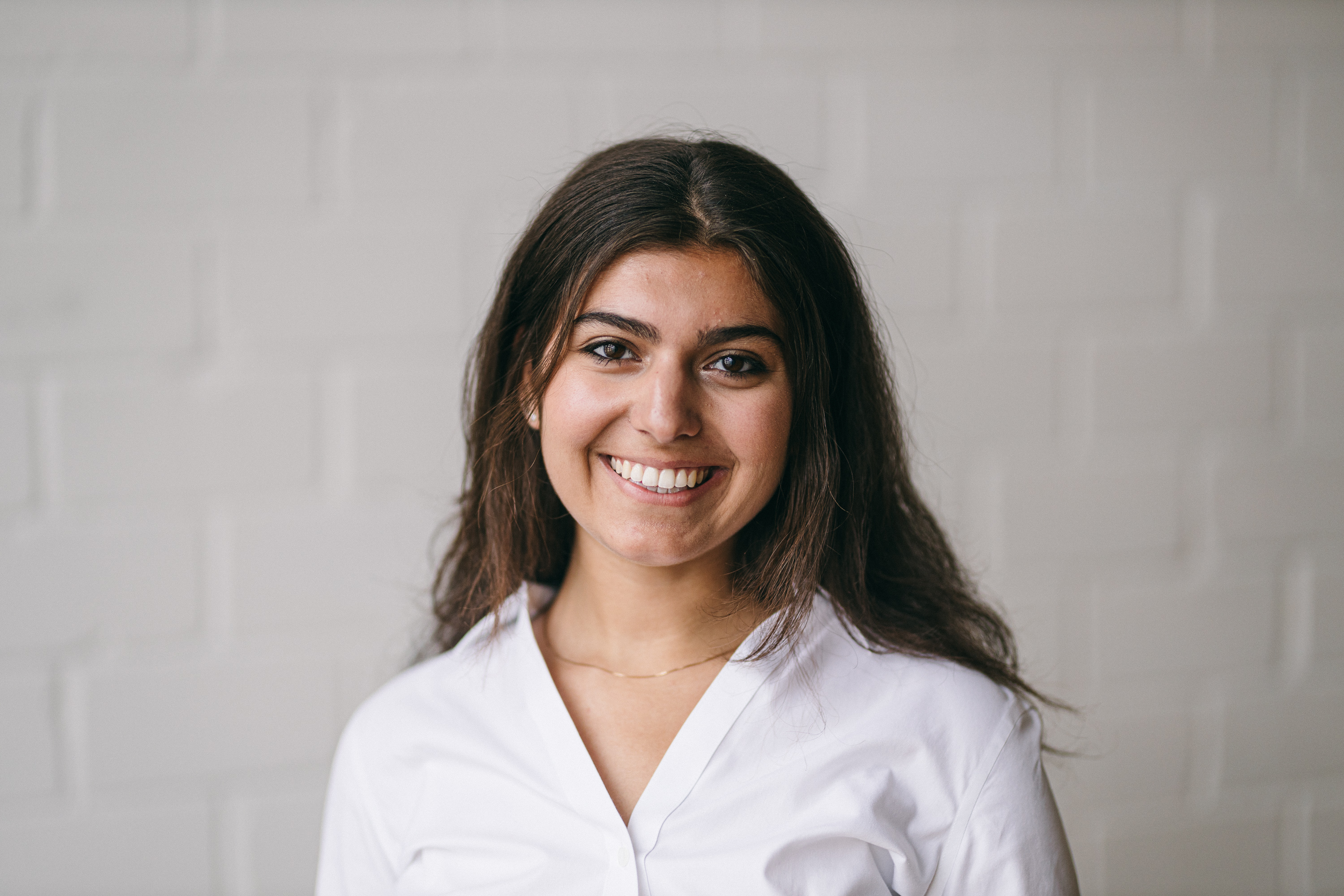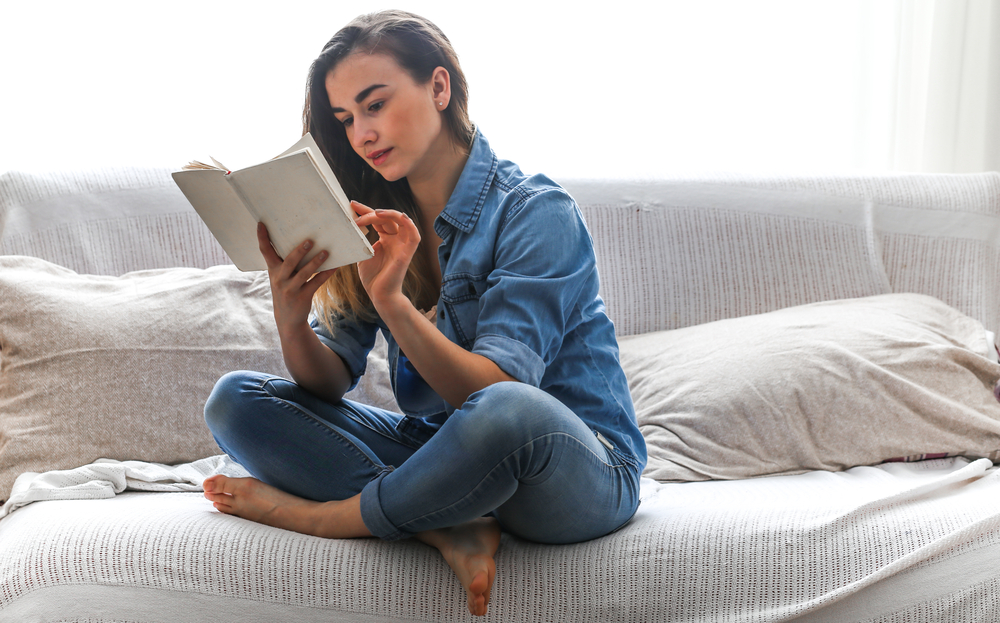Welcome to our special section, Thrive Global on Campus, devoted to covering student mental health, well-being, and redefining success from all angles. If you are a college student, we invite you to apply to be an Editor-at-Large, or to simply contribute (please tag your pieces ThriveOnCampus). We welcome faculty, clinicians, and graduates to contribute as well. Read more here.
It’s the middle of March and I am sitting in my living room at home in New York, thinking about how just five days ago I was in Scotland, studying at the University of Edinburgh as an exchange student for the semester. I’m realizing that I will be living at home for the next six months, and how this is the longest I will have lived at home since high school. I think back to New Year’s Eve in December, celebrating with friends, excited about what this new decade has to offer — my college graduation, my first job, applying to graduate school, receiving invitations to friends’ weddings, and more. The idea that I would be living through a global pandemic during the start of this decade never crossed my mind, yet here we are, amidst the crisis of COVID-19.
It’s practically impossible to not know how COVID-19 is affecting the world, from the constant news coverage we see on television and media to the millions of notifications blowing up on our phones. There is no doubt that the impact this virus is having on the global population is tragic, with thousands being infected, let alone the many who are dying, and it frightens me to know that those numbers are probably on the rise as I write this.
A few weeks ago, I wasn’t too worried about this virus. There weren’t many cases in Scotland, and I felt comfort in knowing that most COVID-19 cases consist of mild symptoms and do not have a life-threatening effect on people in my age range (however, as we now know, younger adults are being hospitalized due to the virus). It wasn’t until WashU suspended all study abroad programs that I started to realize the gravity of the situation, because suddenly, this pandemic began to affect me, as the remainder of my study abroad experience was cut short. Soon thereafter, it began to affect almost everyone I knew — WashU cancelled the graduation ceremony for this year’s class, my other friends were also sent home from abroad, and every university had transferred to online teaching for the rest of the academic year.
During my last few days in Edinburgh, I felt disappointed to leave, especially on such short notice, but I tried to focus on the positives of the situation. I couldn’t complain about coming back to the comfort of my bed, my mom’s home-cooked food, and I definitely enjoyed no longer being responsible for my own expenses.
While reluctantly packing up my room, I leisurely scrolled through social media to take some breaks. I noticed some students had posted how they were devastated about being sent home while abroad. Their posts emphasized how infuriated and upset they were (as they should be — this was surely not a desirable situation), and despite how I sympathized with them, these messages were a little dramatic. There is no doubt that all of us in school and studying abroad this semester were looking forward to the remaining months, but it is crucial to not lose sight of things that are more important; firstly, all the decisions were made to ensure our health and safety, secondly, the ability to finish out the school year even if it is through remote online learning, and thirdly, to acknowledge others are suffering much more severe consequences from this pandemic.
Hospitals are overcrowded and lacking essential equipment, leading to ineffective care, inner-city youth in New York who rely on school breakfasts and lunches for meals are now at a loss for accessible food (although there are efforts made to provide despite the closure of schools), and victims of domestic violence are forced into unsafe environments now more than ever. Hundreds of people are being laid off of their jobs, cities, states and countries are on lockdown, and the economy seems to be moving into another recession. The list goes on.
As all of this chaos unfolds on the outside, we are all stuck inside left to self-quarantine or isolate. It is easy to fall into poor habits when stuck at home with nothing to do, but I urge you to use this time to your advantage. Adopt new hobbies and develop new skill sets, donate excess clothes or items, and find ways to keep your mind and body active. Look through old photographs and cherish the innocence of childhood. Write down your thoughts, create some new recipes, call an old friend. Above all, practice being grateful, no matter how this pandemic has affected you. Be grateful for your health and for your safety. Be grateful for your shelter and for your access to food. Use social media as a tool to lift others up and to bring together a community that empowers each other, rather than breaking one another down. We are all being affected by this (some worse than others), so extend compassion towards yourself and towards others who are suffering during this time.
As I self-quarantine for the next 14 days, I not only want to use this time to find ways to keep me busy and to help others, but to also reflect on the experience I had in Edinburgh. Over the past few months, I was granted the amazing opportunity to live in a city that is charming and full of history and culture. I attended a wellbeing conference (I intend to post a forthcoming article about the festival), I was able to squeeze in some travels throughout Europe, and I made the most of my independence and the excitement of traveling alone in my early 20s. This is something that COVID-19 can never take away from me.
More Thrive Global on Campus:
What Campus Mental Health Centers Are Doing to Keep Up With Student Need
If You’re a Student Who’s Struggling With Mental Health, These 7 Tips Will Help
The Hidden Stress of RAs in the Student Mental Health Crisis


